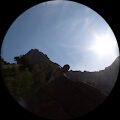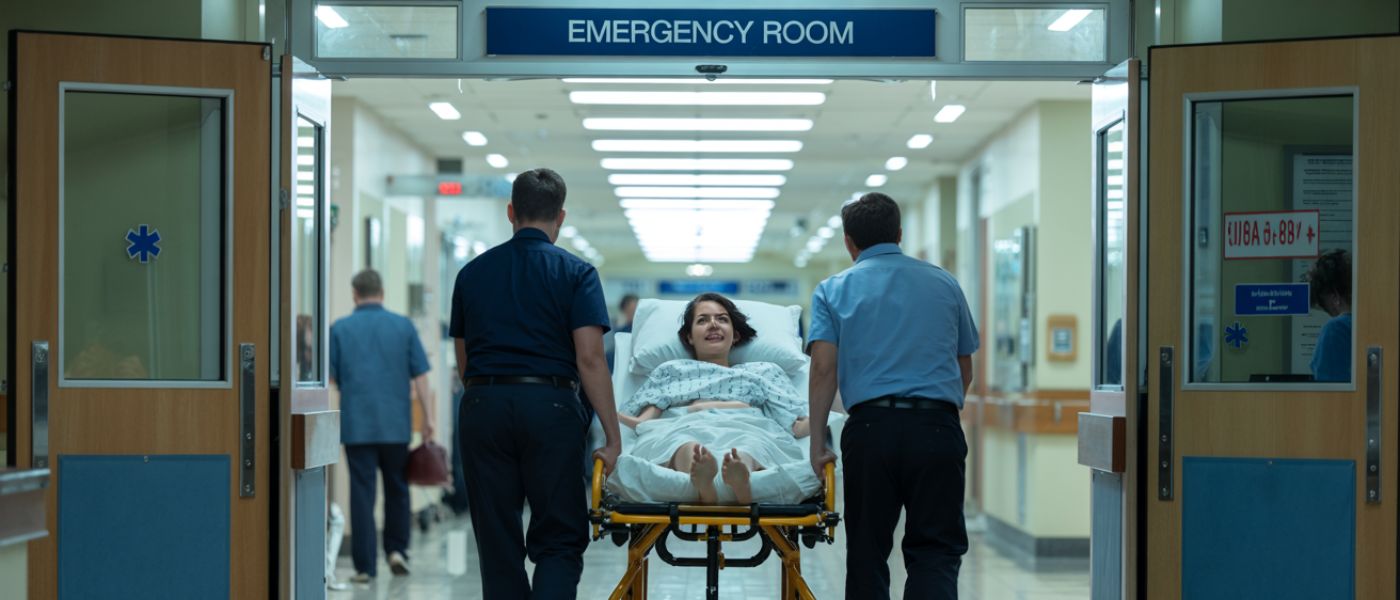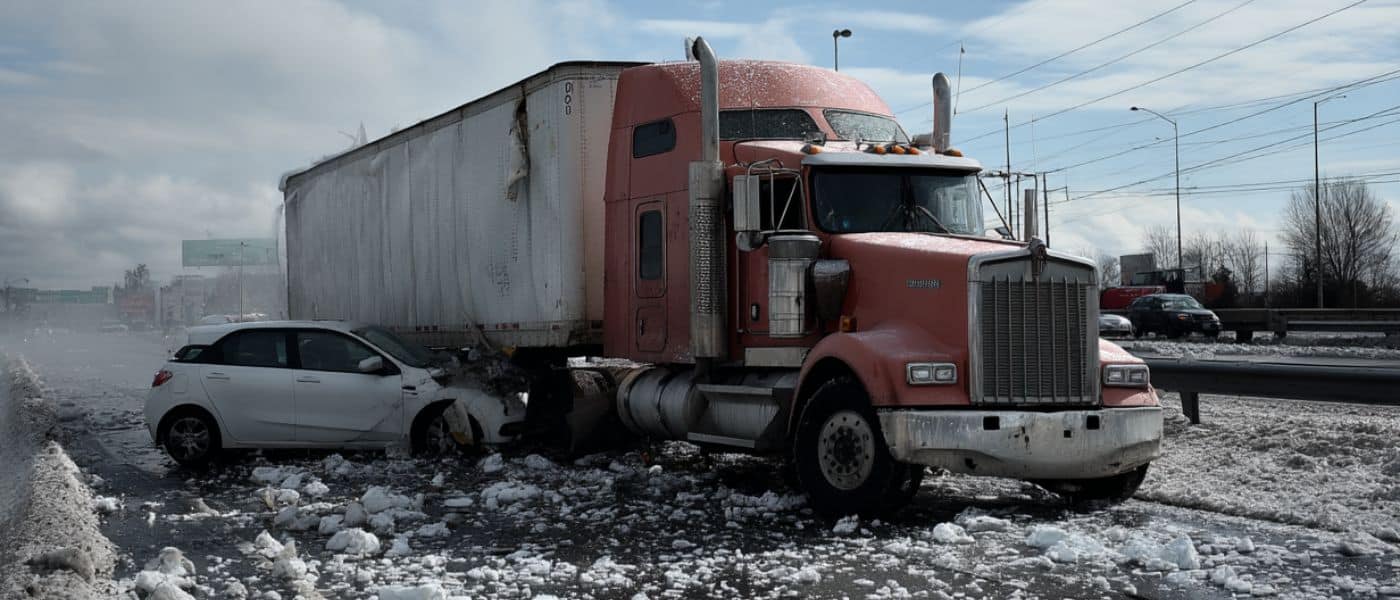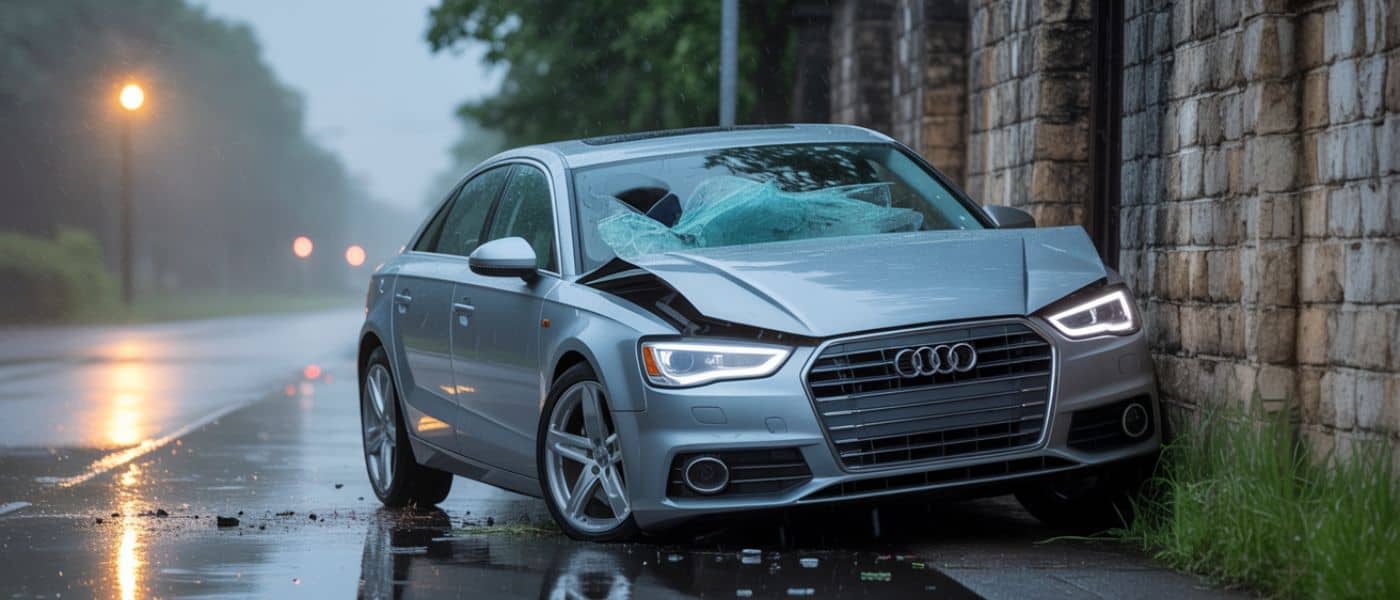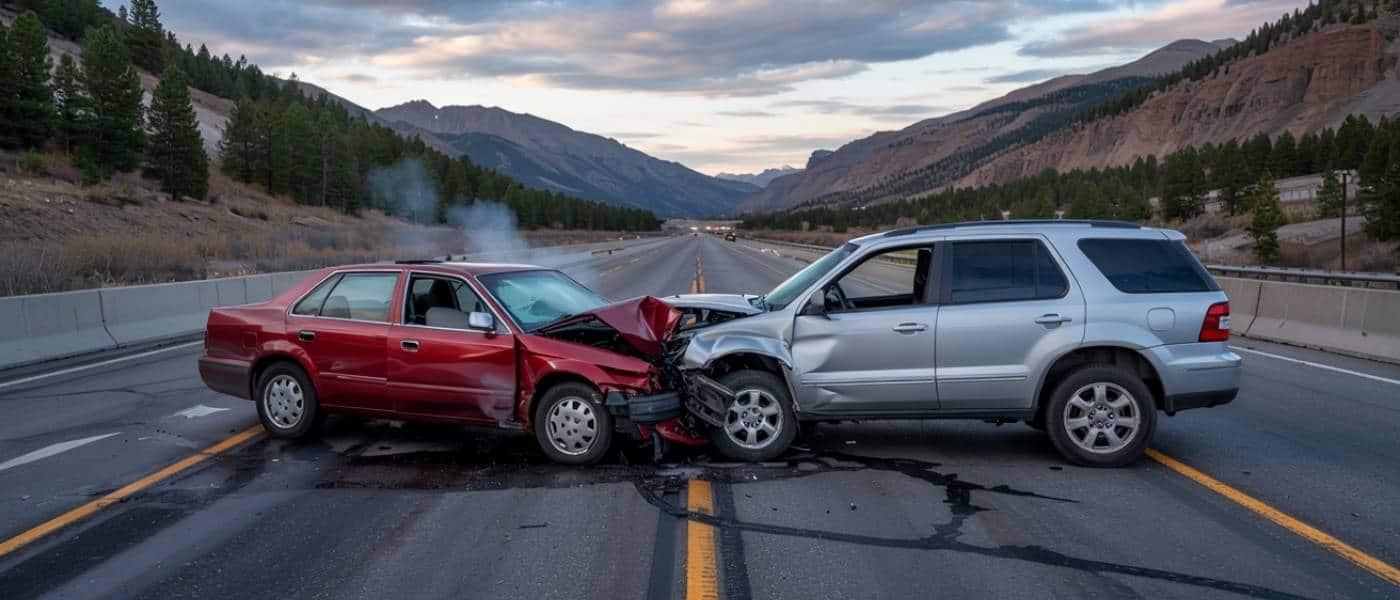Denver SKi Accident Lawyer
When the thrill of Colorado’s world-class slopes – from Winter Park to Arapahoe Basin – turns into a painful ordeal, you need more than just medical attention at Denver’s altitude-specialized trauma centers. You need legal expertise in Colorado’s unique ski law. Mountain accidents can result in severe injuries, mounting medical bills at Front Range facilities, and lost wages in Denver’s competitive job market, leaving you feeling overwhelmed and uncertain about your future.Rating Overview
Based on 158 Nationwide Google Reviews
Skiing and snowboarding are cornerstone activities in Colorado, with millions hitting the slopes at nearby resorts like Winter Park, Keystone, and Arapahoe Basin each season. While most days in the Colorado high country end without incident, serious accidents can occur, resulting in severe injuries, extensive medical bills at Denver’s specialized trauma centers, and significant losses. If you or a loved one has been injured in a ski or snowboard accident at any Colorado resort, you need an experienced Denver ski accident lawyer who understands Colorado’s 2025 Ski Safety Act. At McQuaid Injury Law, we understand the unique challenges of mountain sport injury cases and the specific regulations governing Colorado’s ski industry.
Legal representation is crucial in Colorado ski accident cases due to complex liability issues under state law and the powerful insurance companies representing local resorts. Our skilled Denver legal team will thoroughly investigate your accident – whether it occurred on a crowded weekend at Winter Park or during a backcountry excursion – and identify all responsible parties. We’ll aggressively advocate for your interests through the Colorado legal system.
Colorado ski resorts reported over 3,000 injuries during the 2023-2024 season.
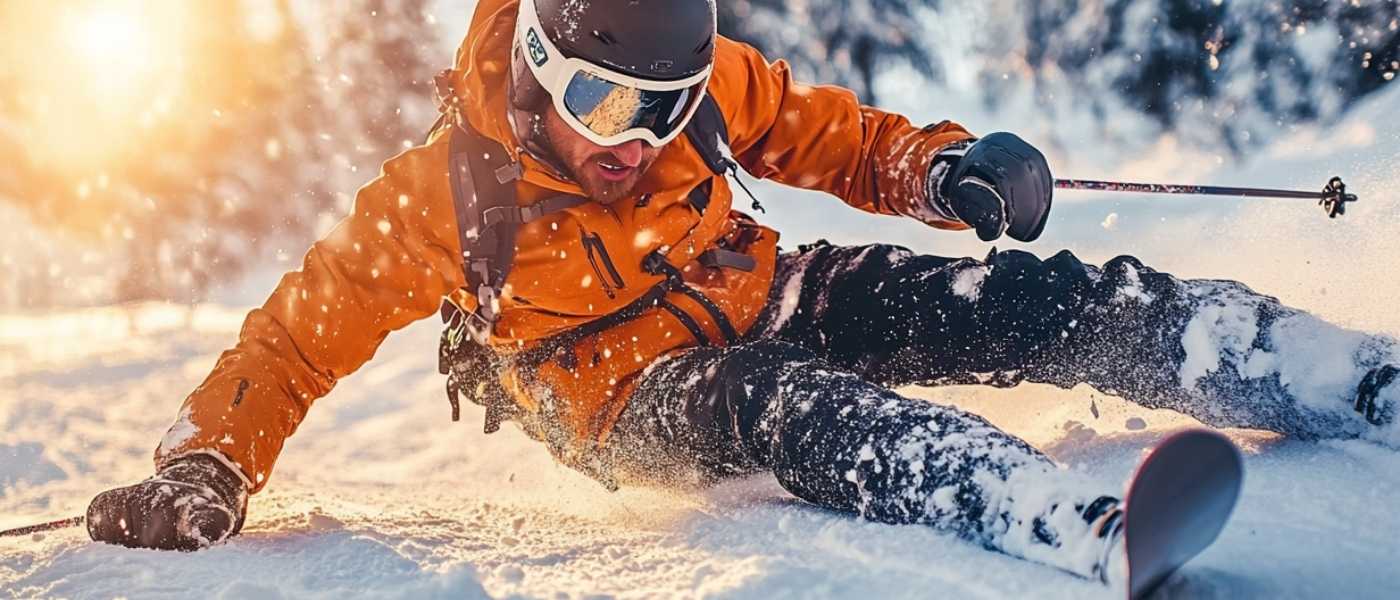
Our firm has extensive experience handling a wide range of ski and snowboard accident cases in Denver, CO, including:
Collisions between skiers/snowboarders
iolent impacts when reckless skiers or snowboarders ignore mountain safety codes and crash into others at high speeds, causing severe injuries on the slopes.
Collisions with trees, lift poles or other fixed objects
Devastating crashes caused by poorly marked hazards or inadequate safety barriers that ski resorts fail to address properly.
Chairlift accidents and malfunctions
Terrifying incidents when ski resort negligence leads to mechanical failures, sudden stops, or improper loading/unloading procedures that put riders at risk.
Accidents caused by faulty rental equipment
Serious injuries resulting from improperly maintained or negligently adjusted rental gear that fails when you need it most.
Injuries from poor instruction by ski resort employees
Life-altering accidents caused by unqualified or negligent instructors who place beginners in dangerous situations beyond their skill level.
Avalanche-related injuries
Catastrophic incidents caused by ski resorts failing to properly assess, monitor, or warn guests about dangerous snow conditions in their terrain.
Ski patrol negligence claims
Critical delays or improper care when ski patrol personnel fail to respond appropriately to on-mountain emergencies or provide adequate first aid.
Common Ski Accident Injuries in Colorado
Ski and snowboard accidents can result in serious injuries.
Some common injuries include:
Why Choose Our Firm
Don’t Be Afraid, Call McQuaid
Our experienced team combines aggressive litigation tactics with compassionate client care to maximize your compensation while supporting you through every step of your recovery journey.
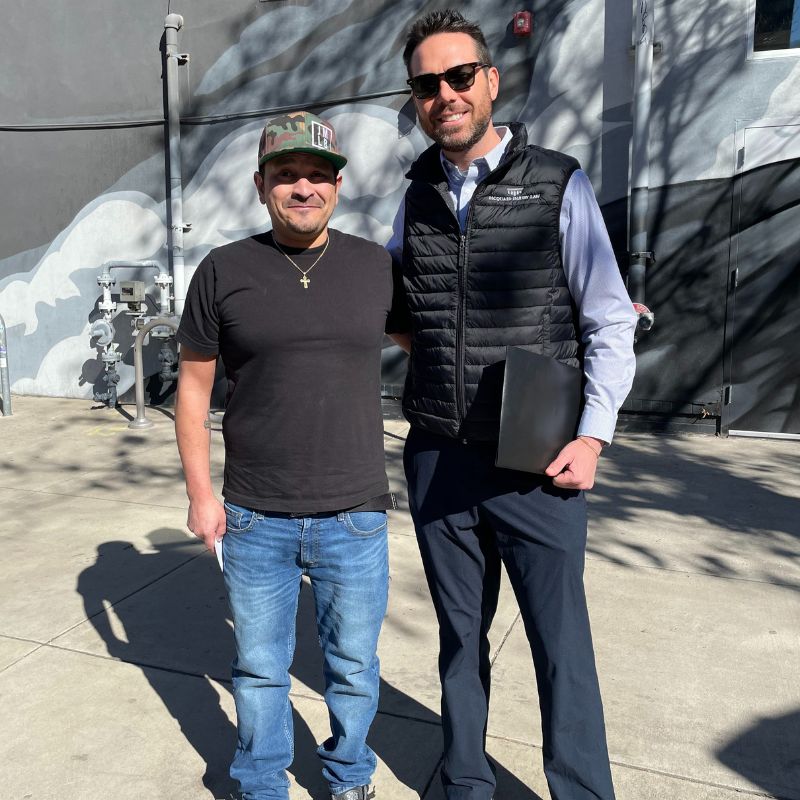
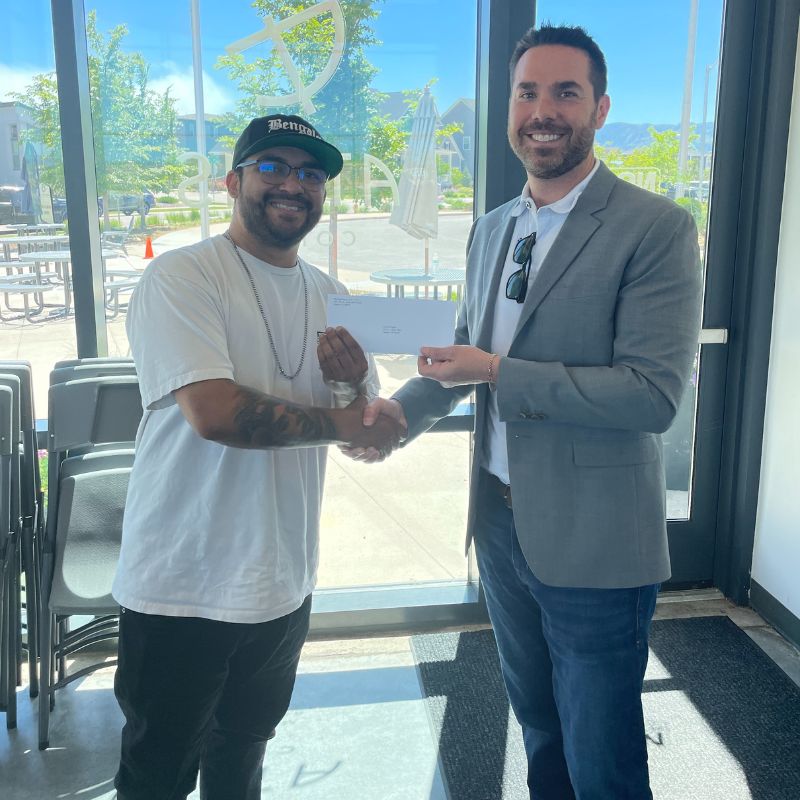
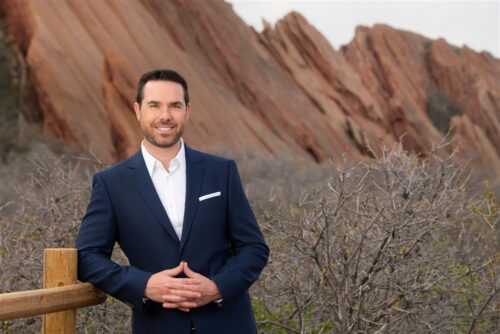
Our Process
From Injury to Justice: 5 Simple Steps
Getting fair compensation after a Colorado ski accident is straightforward. Start with a free consultation at our downtown Denver office—we’re available 24/7 to serve injured skiers and snowboarders across the Front Range and mountain communities. Our team will investigate your case at any Colorado resort, from Winter Park to Arapahoe Basin, and handle all legal paperwork while you focus on recovery at Denver’s altitude-specialized medical facilities.
We’ll document mountain conditions, gather ski patrol reports, and build a strong case under Colorado’s 2025 Ski Safety Act. Whether your accident involved a lift malfunction, a collision on a crowded run, or equipment rental issues, you pay nothing unless we secure your settlement. Your path to justice starts with one call to our 17th Street office, where our experienced mountain sport injury attorneys understand both the slopes and the law.
Get a Free Case Evaluation Today
Victories Echoed: What Our Clients Say
Don’t just take our word for it—hear from those we’ve helped. Our clients’ stories of triumph over adversity speak volumes about our dedication and expertise. From life-changing settlements to compassionate support throughout the legal process, these testimonials reflect our unwavering commitment to justice. Discover why so many trust us with their most challenging moments.
Your Denver Ski Accident Questions Answered
Navigate the road to recovery with confidence as we address the most pressing questions our clients ask after experiencing a ski accident.
Legal Insights: Stay Informed, Stay Empowered
Explore our regularly updated blog for expert analysis on personal injury law, practical tips for protecting your rights, and insider knowledge that could make all the difference in your case.




















